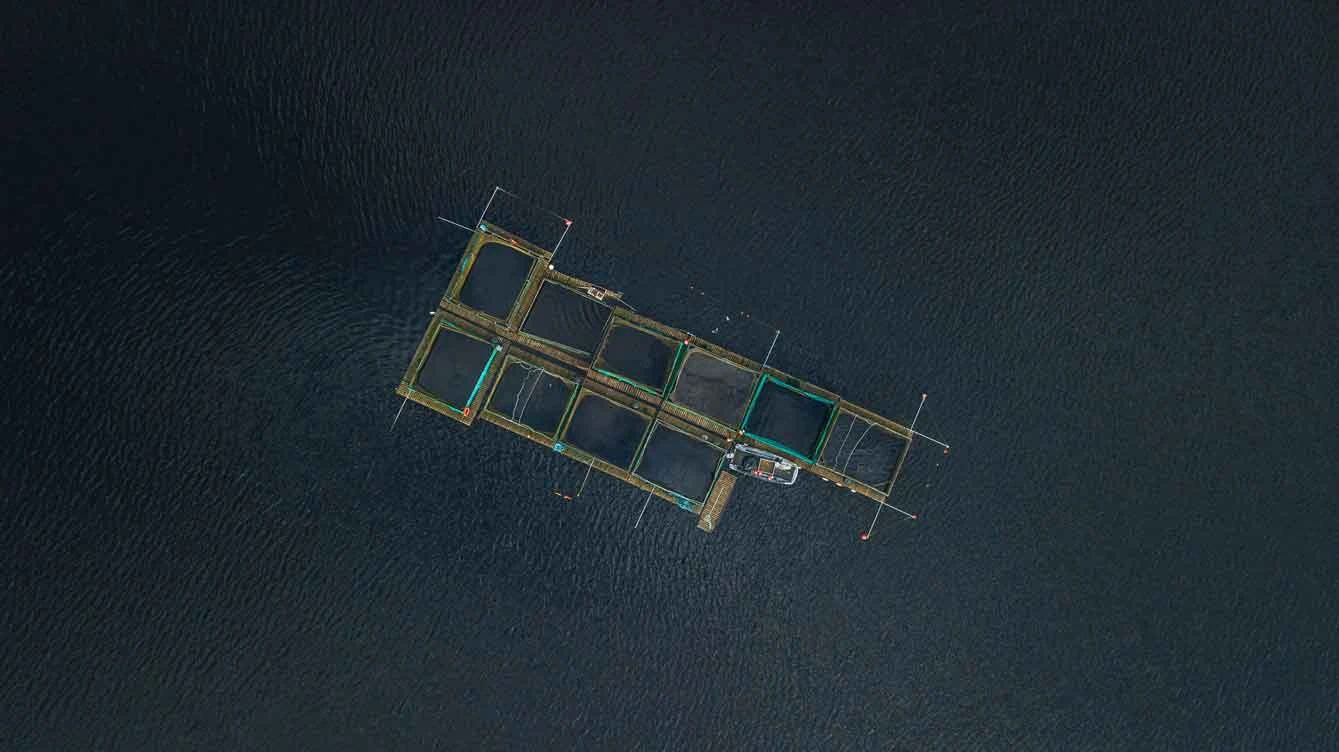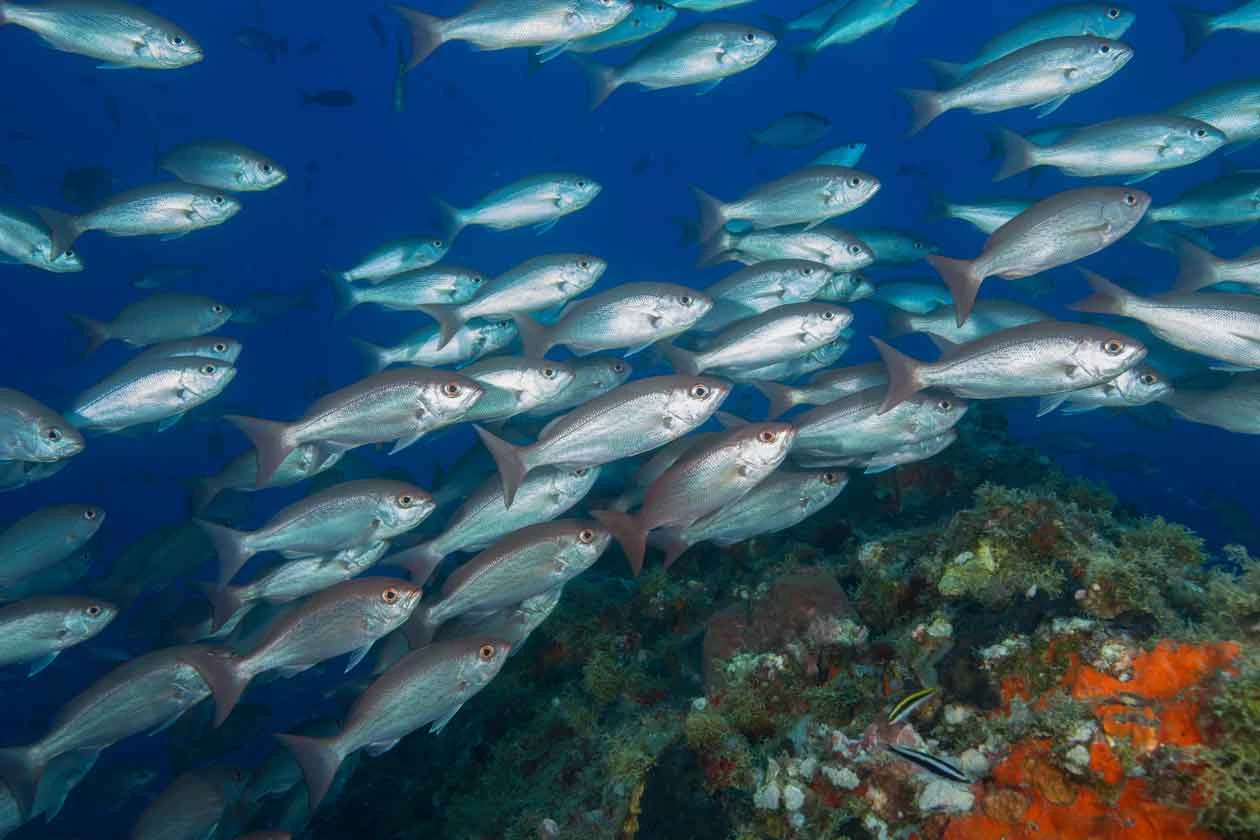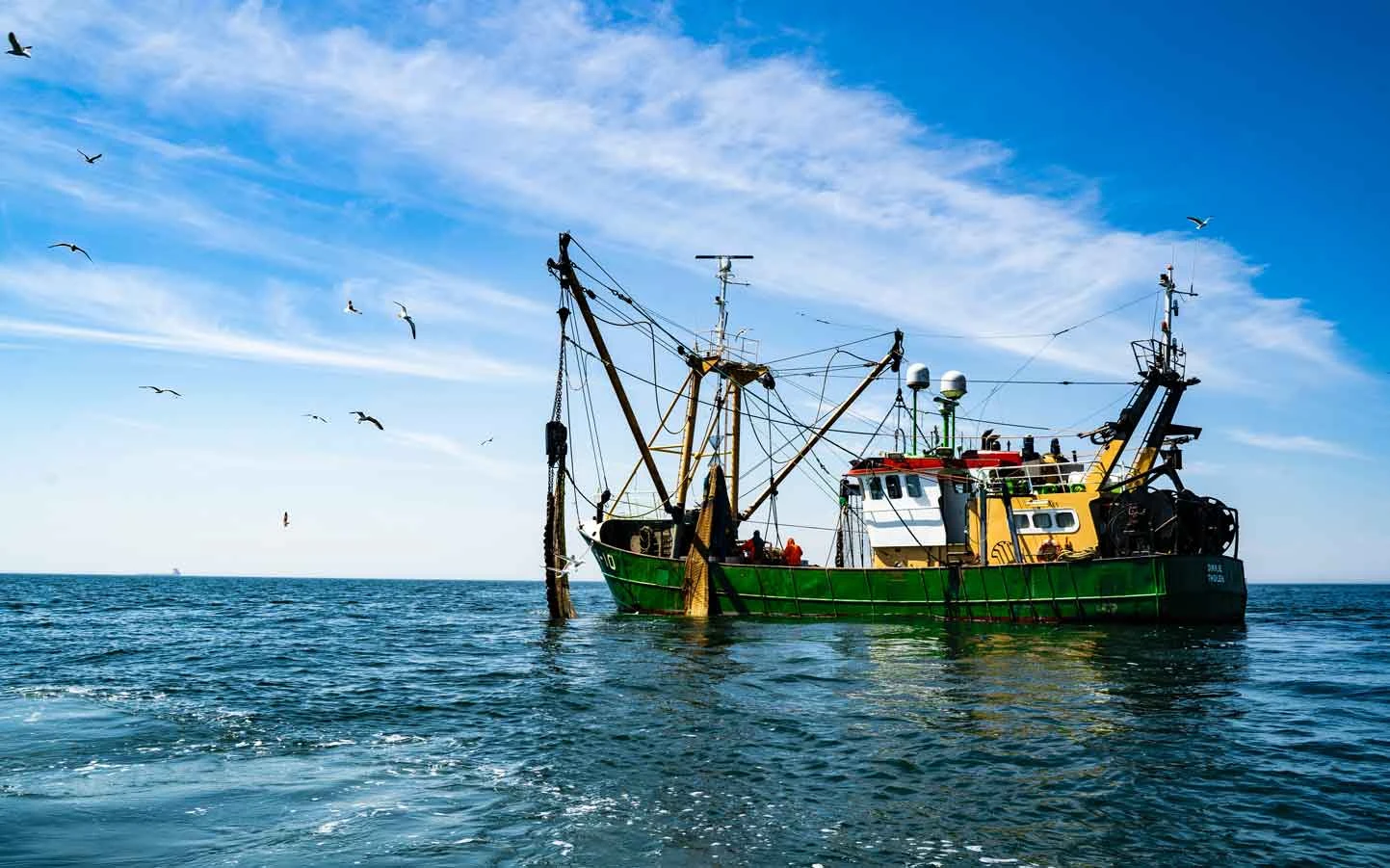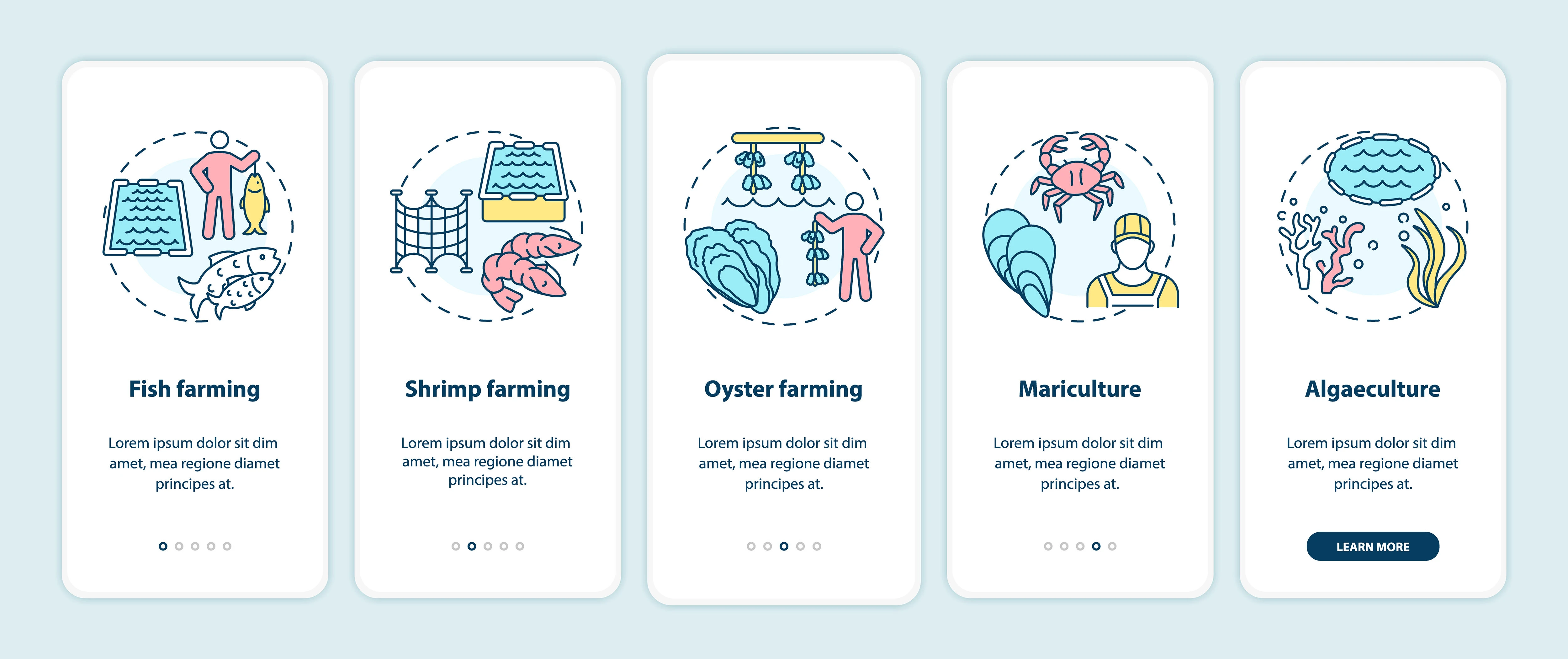
The Role of Aquaculture in Nourishing a Growing Population
With the world's population on the rise, ensuring a sustainable and sufficient food supply is a pressing challenge. Aquaculture, as an essential component of global food production, plays a significant role in nourishing a growing population. In this post, we delve into the importance of aquaculture in meeting the increasing demand for nutritious and protein-rich seafood.
As the global population continues to expand, so does the need for food resources. Traditional methods of capturing seafood through wild fisheries face limitations due to overfishing and the declining health of marine ecosystems. Aquaculture emerges as a solution to bridge the gap between food demand and supply.
Aquaculture involves the cultivation of fish, shellfish, and aquatic plants in controlled environments. This method of fish farming has several advantages in meeting the nutritional requirements of a growing population:
- High Nutritional Value: Seafood is a rich source of high-quality proteins, essential fatty acids, vitamins, and minerals. Aquaculture ensures a steady supply of nutritious seafood to combat malnutrition and promote overall health.
- Sustainable Production: Sustainable aquaculture practices minimize the impact on wild fish populations and their ecosystems. It offers an environmentally friendly alternative to overexploitation of natural fisheries.
- Economic Growth and Employment: Aquaculture creates job opportunities in coastal and rural areas, stimulating local economies and contributing to food security.
- Reduced Pressure on Wild Fisheries: By providing an alternative source of seafood, aquaculture reduces the pressure on wild fish stocks, allowing them to recover and thrive.
- Food Security: With the ability to scale production efficiently, aquaculture helps ensure a stable supply of seafood, particularly in regions where access to traditional fishing is limited.
Despite its benefits, aquaculture faces challenges related to environmental impacts, disease management, and sustainable feed sources. However, through research, innovation, and responsible management, the aquaculture industry continues to evolve and address these concerns.
By supporting sustainable practices, promoting responsible fish farming, and investing in technology and education, we can harness the potential of aquaculture to nourish a growing global population while safeguarding the health of our oceans and marine ecosystems.
Discover Similar Posts

2023-08-02 • 2-minute read
Sustainable Aquaculture Practices: Protecting Our Oceans and Future
As the demand for seafood increases, so does the pressure on our oceans and marine ecosystems. Aquac...

2023-08-02 • 2-minute read
Innovative Technologies Revolutionizing Aquaculture Industry
As the global population continues to grow, so does the demand for seafood. To meet this demand sust...

2023-09-12 • 1-minute read
Development and Coding in the World of Fisheries and Aquaculture
In our ever-evolving digital age, fisheries and aquaculture are also embracing technology. Discover...

2023-10-05 • 2-minute read
Optimizing Fisheries and Aquaculture Operations with Technology
Discover how technology plays a pivotal role in optimizing fisheries and aquaculture operations, ens...